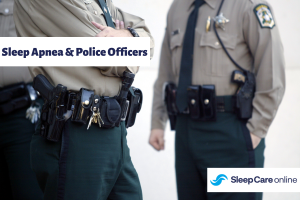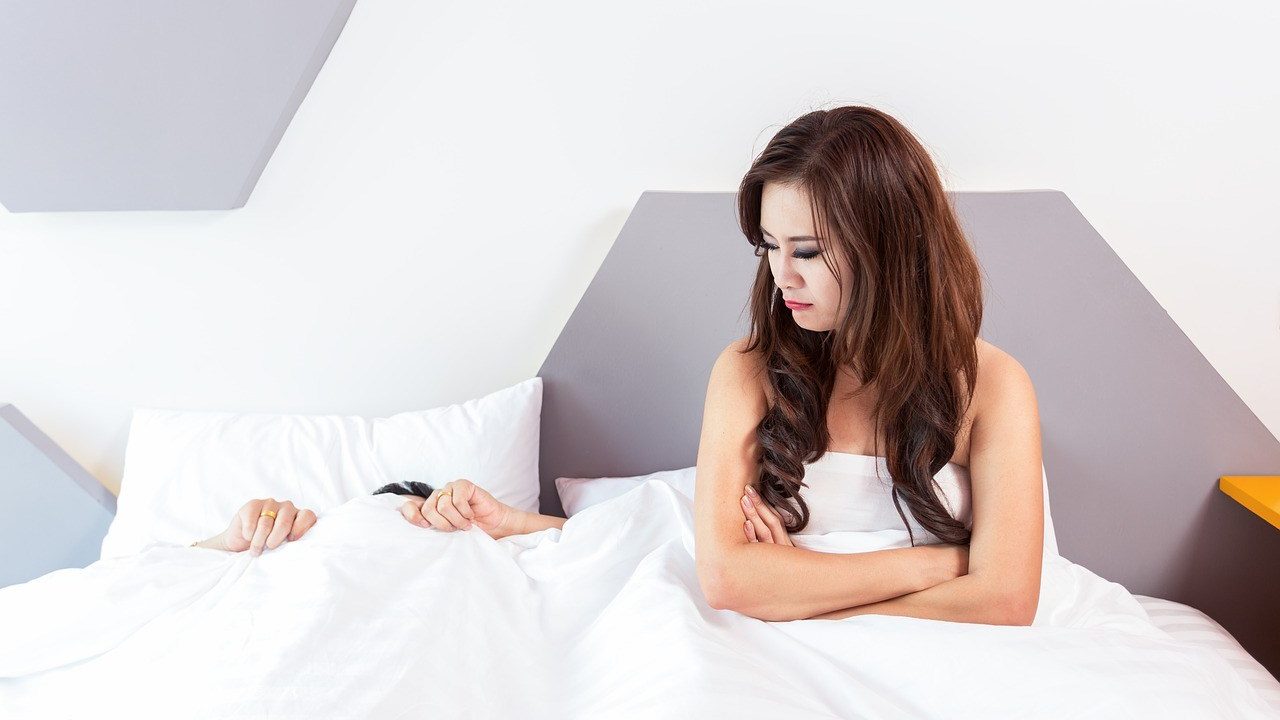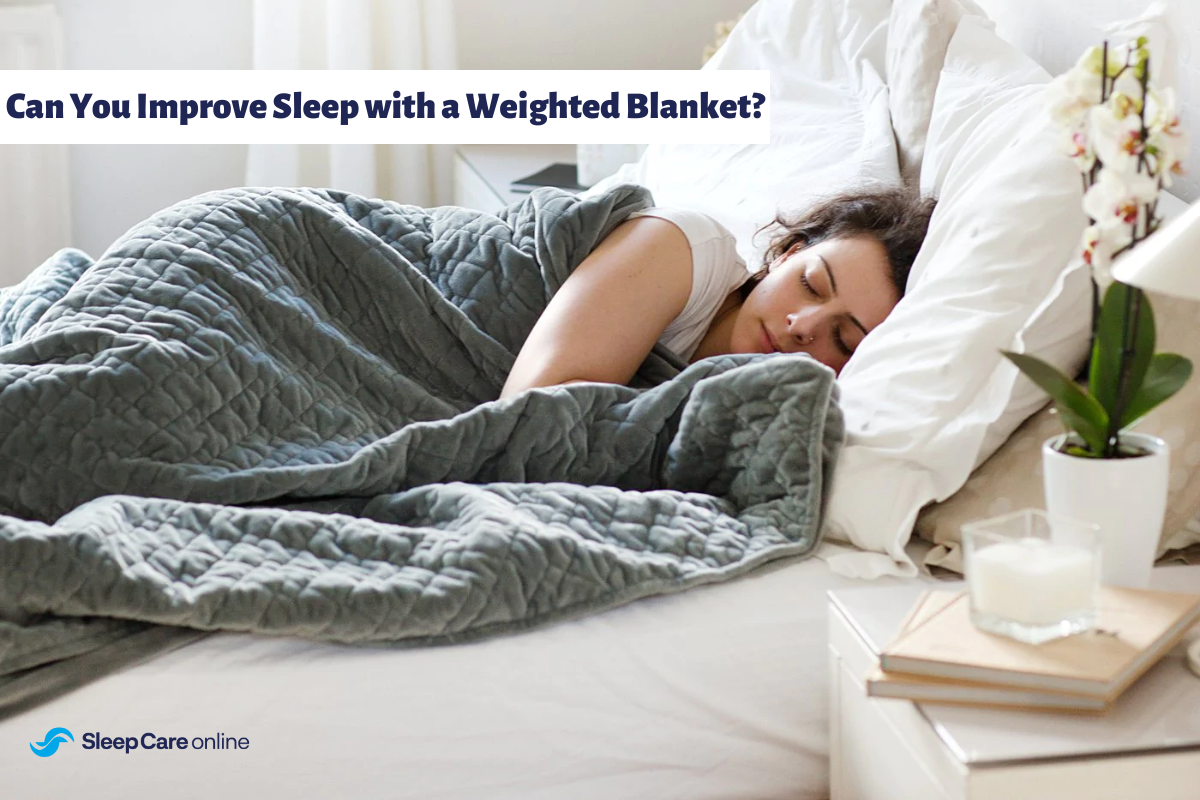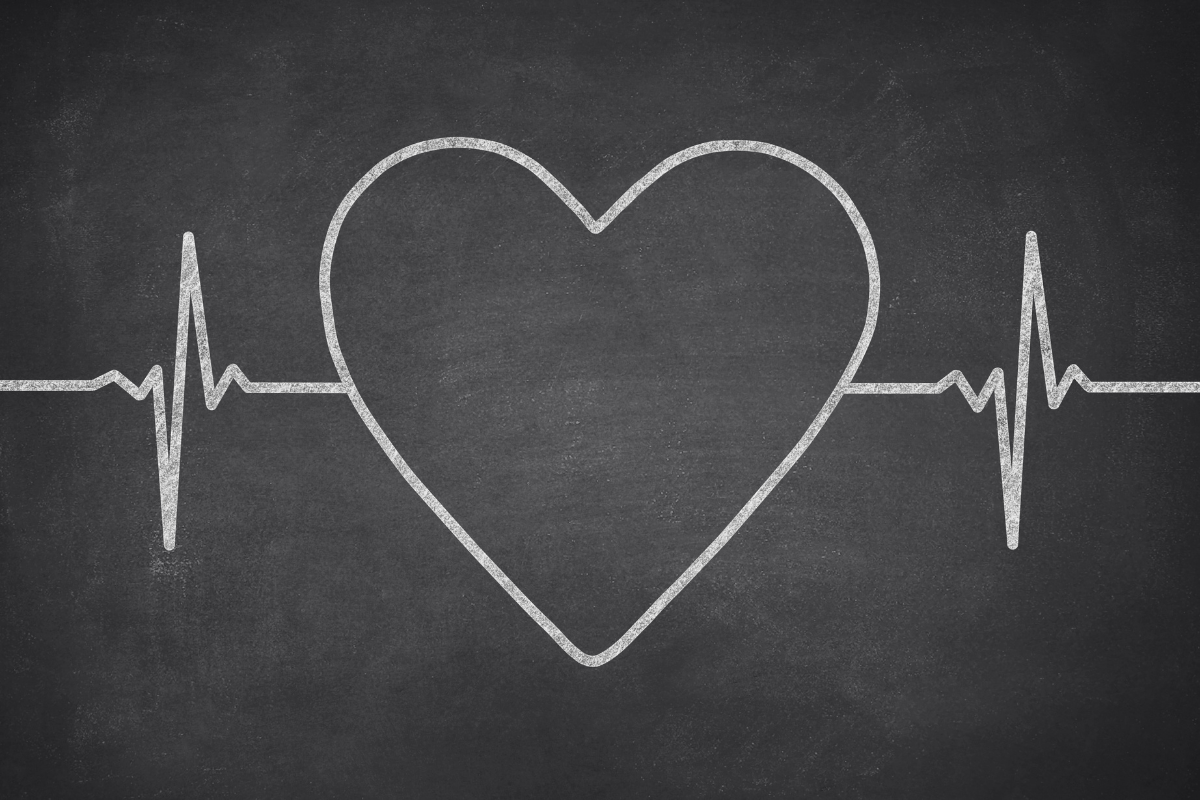Crime is not the only challenge for police officers. Erratic scheduling and overnight shifts can leave many officers sleep-deprived. Add that to the stress of police work, and sleep deprivation becomes a severe problem for the law enforcement community.
Symptoms Of Sleep Apnea
- Drowsiness during the day, even after waking up
- Morning headaches and dry mouth
- Episodes of gasping for air during sleep
- Loud snoring
- Irritability and poor attention during your waking hours
- Poor memory
- Mood swings
- Increased likelihood of accidents or injuries
- Unexplained feelings of depression and anxiety
The Impact of Sleep Deprivation on Police Officers
Sleep deprivation can affect police officers in many ways, both on and off duty:
- Poor decision-making during an engagement with the public
- Impaired driving abilities, especially during high-speed driving situations
- Increased likelihood of becoming injured on the job
- Increased risk of fatality on the job
- Difficulty coping with relationships off-duty
- Increased health problems
How Does Sleep Loss Affect Police Officers?
Getting enough sleep is just as important as diet and exercise for health— that includes mental health. Police officers without enough sleep can become more irritable when more patience is needed. Their judgment and mood can be affected by depression and anxiety from lack of sleep. Cognitive ability is also impaired which can be dangerous for someone operating a police cruiser or handling a loaded firearm.
The Greater Impact on the Police Force and the Community
The health and well-being of individual police officers are just the beginning of how sleep deprivation affects law enforcement. With sleep-impaired officers, a police force, whether local or big city, becomes impacted as a whole, which has consequences for the community at large.
- Sleep deprivation increases the frequency of sick leave among officers, reducing the manpower and effectiveness of a police force.
- Chronic sleep deprivation increases the likelihood of personal and vehicular accidents which can impact a police department fiscally.
- Sleep loss affects more than a few officers and impairs judgment, increases poor decisions, and increases the potential for inappropriate use of force. This can compound liability while reducing public trust in any police department.
Research on Sleep Disorders and Law Enforcement
Unfortunately, many police officers may be working with an undiagnosed sleep disorder which may be impacting their performance and personal health. Research by the Brigham and Women’s Hospital, a teaching affiliate of Harvard Medical School in Boston, studied about 5,000 police officers’ sleep disorders, health, and overall performance. The data showed that more than 40% of them did in fact have sleep disorders. The general population is estimated at 15-20% to have sleep disorders, so police officers more than doubling that rate is something to note. Additionally, The most common sleep disorder in these officers was obstructive sleep apnea, with one-third of them screening positive for this particular condition.1
How Sleep Apnea Affects Police Officers
Police officers may disregard fatigue as part of the job—inconsistent schedules and long hours. But a chronic sleep disorder like obstructive sleep apnea may be causing them more harm without them knowing it.
Obstructive sleep apnea (OSA) causes the airway to close periodically while you sleep, causing a disruption in breathing that wakes you up throughout the night. These frequent “apneas” can add up to lost sleep. Police officers notice some red flag symptoms.
How Police Officers Can Get Tested For Sleep Apnea
If a police officer experiences any of these symptoms or feels that their sleep loss is more than just the result of police work, they can get tested for sleep apnea. Home sleep apnea tests are easy with Sleep Care Online.
- With the Complete Care Package, schedule a 10-minute telehealth visit with a healthcare provider to discuss your symptoms, upcoming sleep study, test results, and treatment options.
- A multi-night, disposable home sleep apnea test is mailed to your home to be completed at your convenience.
- A physician analyzes the sleep data and provides a prescription if needed.
- Schedule an optional follow-up appointment (additional fee applies).
- We connect you to sleep experts who can offer customized sleep therapy options, assistance in equipment purchase, and initial set-up.
References
- Shantha M.W., Laura K. Barger, Steven W. Lockley, Steven A. Shea, Wei Wang, Christopher P. Landrigan, Conor S. O’Brien, Salim Qadri, Jason P. Sullivan, Brian E. Cade, Lawrence J. Epstein, David P. White, and Charles A. Czeisler, “Sleep Disorders, Health, and Safety in Police Officers”, JAMA 306 (2011): 2567-2578.




